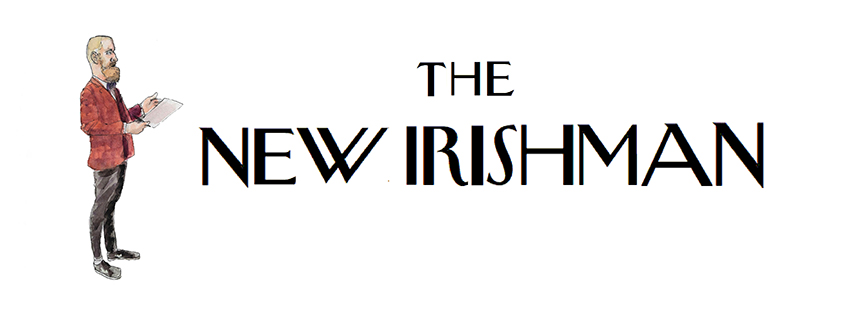Henry Patterson wrote:
"Gerry Adams was particularly concerned to ensure that no deal was developed between the Ulster Unionists and the moderate Nationalists of John June’s Social Democrats and Labour Party (SDLP) which would have marginalised republicans. As one Tyrone republicans explained to the journalist Ed Maloney, the killing of UDR men “stops the unionists doing a deal with the SDLP”. It was also the case that “Ulsterisation”, by cutting down on the number of British soldiers available as targets, meant the Provisionals had an added incentive to target the RUC and UDR. The establishment of Adam’s henegmony in the republican movement by the end of the 1970s coincided with an intensification of attacks on the UDR in border areas. South Fermanagh was particularly affected."


















































